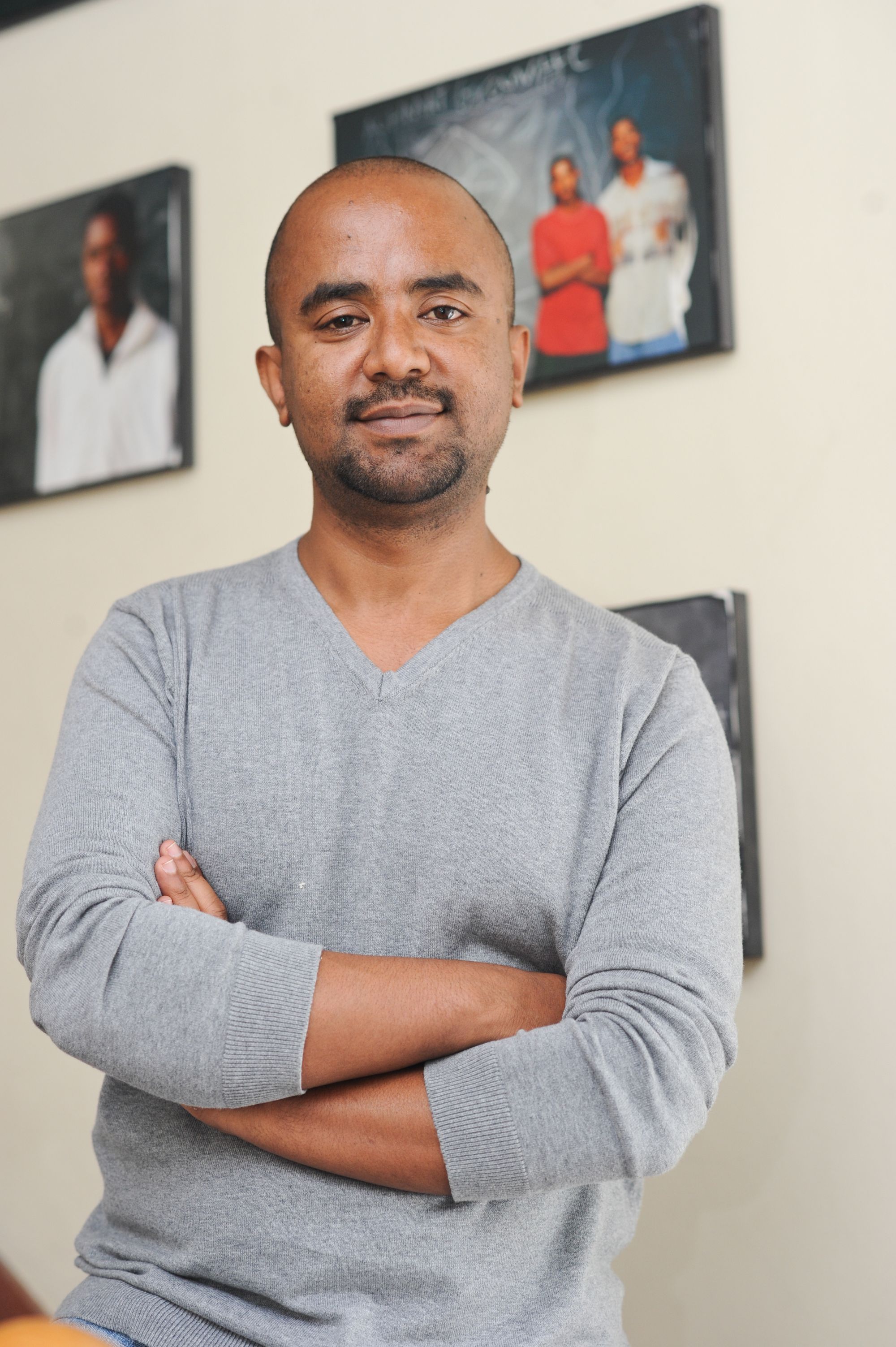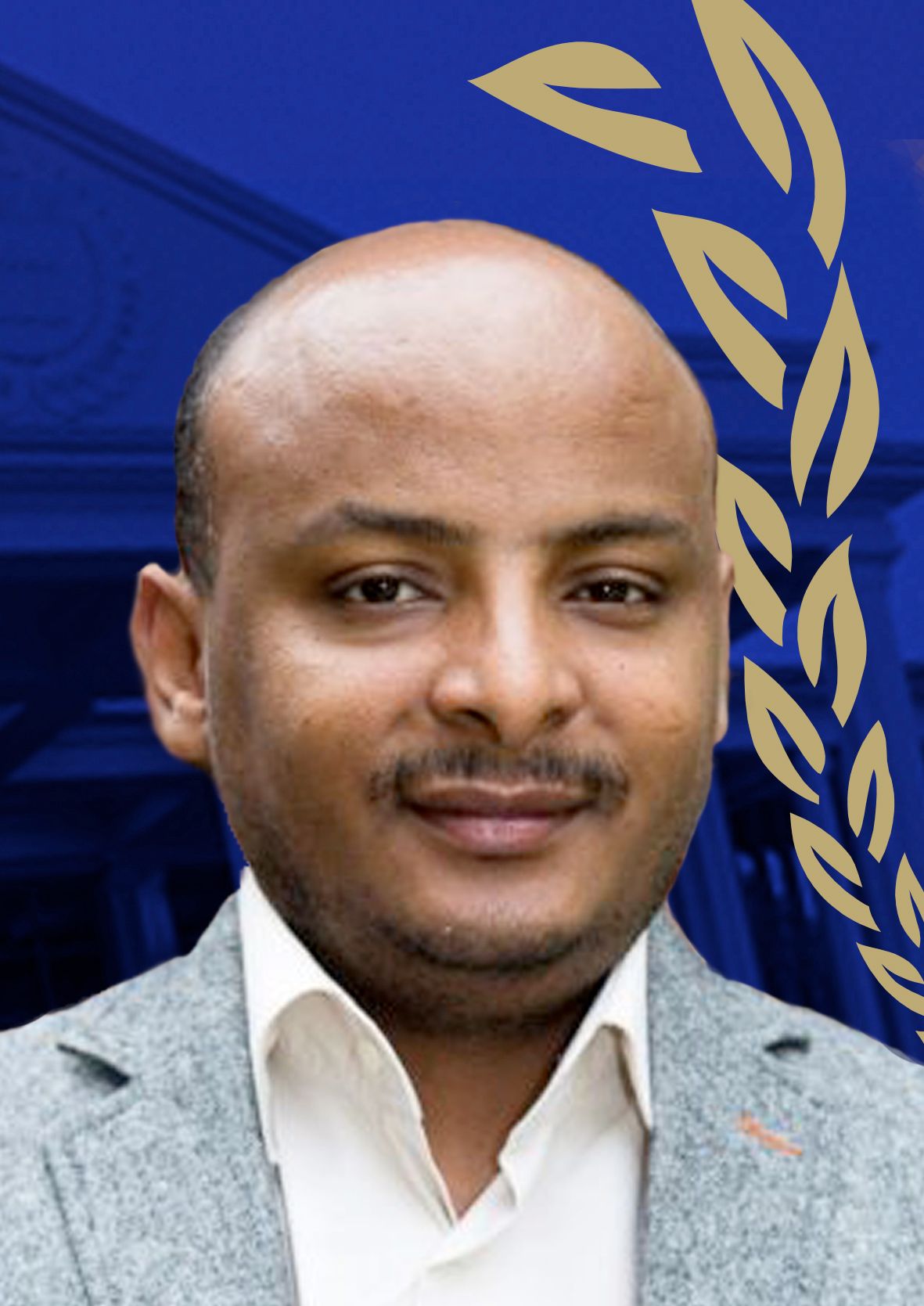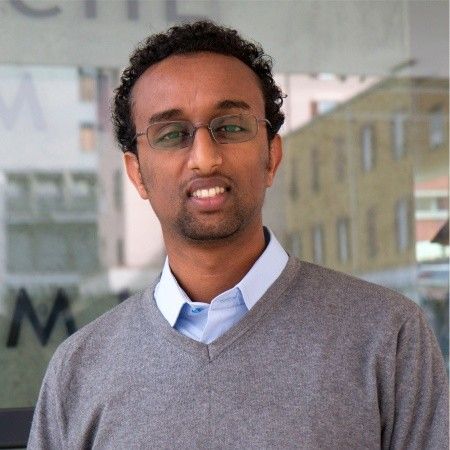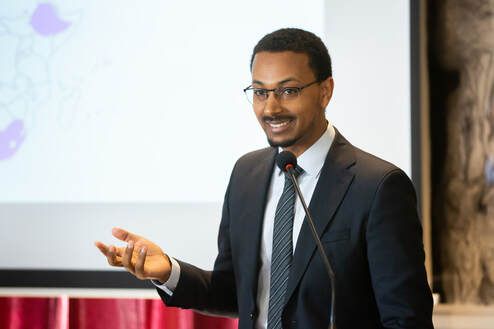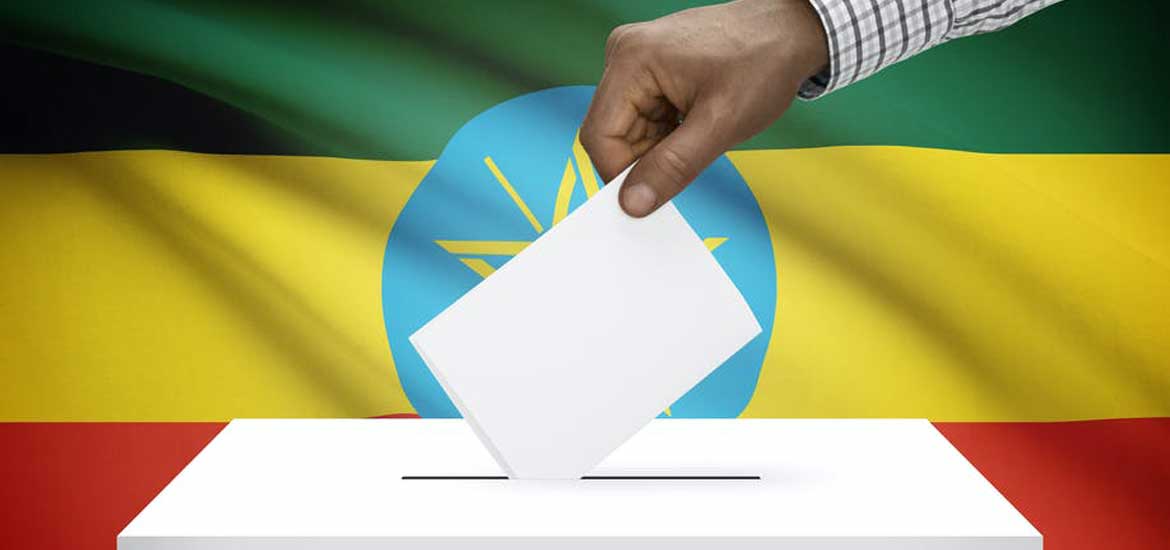The sixth general election of Ethiopia, which many deemed a litmus test on whether the country was going to transform into a democratic State, was supposed to be held before 5 October 2020, the date on which the terms of Parliament and State Councils were supposed to come to an end. However, the postponement of the election in the name of containing the spread of the Covid-19 pandemic has led to a series of political crises in the country.
For close to three decades, Ethiopia has been under what is often described as ‘electoral authoritarianism’ during the reign of the Ethiopian Peoples’ Revolutionary Democratic Front (EPRDF), a coalition of four ethnic-based parties. The EPRDF had assumed power in May 1991 after ousting the socialist government of Mengistu Haile-Mariam and consequently ending 17 years of civil war. After 1991, in addition to elections held under the Transitional Period, five national elections were held. The elections were, however, far from competitive, and the results were a foregone conclusion since the playing field was skewed in the EPRDF’s favour.
The absence of a competitive electoral democratic process led to three years of public protests, which began immediately after the 2015 election in which the EPRDF claimed a total victory. The public protests were accompanied by a breakdown of law and order and inter-communal conflicts in different parts of the country, which in turn led to the death of thousands and the displacement of millions. The public protests and the rather harsh measures the government took to quell the protests led to divisions within the EPRDF, from which the ‘reformist camp’ came out as the winner. Abiy Ahmed, its leader, was appointed the chairperson of the EPRDF and the Prime Minister of the country. The main task that the Prime Minister and his government were supposed to undertake was to create an environment conducive to the sixth general election. Amidst this political context, the Covid-19 pandemic emerged and further complicated the country’s fragile political transition.
The election was initially scheduled for May 2020. The National Electoral Board of Ethiopia (NEBE) postponed the election to August 2020 since it was ill-prepared to administer the elections as per the initial schedule. On 31 March 2020, some two weeks after the first case of Covid-19 was confirmed, the NEBE declared that it would not be able to administer free and fair elections in the context of the pandemic. On 5 October 2020, when the Council of Ministers declared a state of emergency to contain the spread of the virus, it became apparent that the election could not be held before the expiry of the term of the Parliament and the State Councils. This gave rise to the constitutional issue of whether the general election could be postponed and who would govern at the federal and State levels after the expiry of the term. The House of Peoples’ Representatives (HPR) – the lower house of the Parliament – requested the intervention of the House of Federation (HoF) – the upper house of the Parliament – in settling this constitutional matter, since the latter is the constitutional umpire of the federation. The HoF, as per the recommendation of the Council of Constitutional of Inquiry (CCI), decided that the sixth general election could be postponed until the HPR, on the advice of the Ministry of Health (MoH), was to decide that Covid-19 was no longer a danger to public health. The election was to be held within a year after the HPR’s decision. In the meantime, Parliament, State Councils, and federal and State executives were to continue governing.
The postponement of the election led to a series of political crises. In the run-up to the election, Abiy Ahmed dissolved the EPRDF and established a new political party named the Prosperity Party (PP). He invited all member parties and affiliates to dissolve and join the PP. The Tigray People's Liberation Front ('TPLF'), a dominant member of the coalition prior to 2018, refused to join the PP and its members (including former ministers, MPs, and other senior government officials in the federal government) left Addis Ababa and went to Mekelle, the capital of the State of Tigray. The TPLF then started to engage in a political squabble with the PP. The situation worsened when the sixth general election was postponed, a decision that the TPLF rejected on the ground that it was unconstitutional. The TPLF also made public its decision to hold State elections in Tigray. To this effect, the Tigray State Council enacted an electoral law and established an electoral board. This was constitutionally suspect, since the power to administer any election in the country was the NEBE’s exclusive mandate. On 9 September 2020, the TPLF went ahead with the election, defying repeated warnings by the federal government.
Having conducted the election and formed a new government, the Tigray state declared that, after 5 October 2020, the date when the term limit of the federal Parliament was to expire, it would not recognise the federal government as the legitimate government of the country. The federal government declared the election in Tigray void, refused to recognise the ‘new’ State government as a legitimate government, and suspended federal financial transfers to the Tigray State. These mutual non-recognitions made intergovernmental relations between the two governments extremely difficult and, later on, impossible. The dispute between the TPLF and the federal government further escalated when, in the night of 4 November 2020, the Tigray Special Police unleashed a blitzkrieg against the Northern Command of the Ethiopian National Defence Force (ENDF), the most heavily armed command of the ENDF, which had been stationed in Tigray since the late 1990s’ war between Ethiopia and Eritrea. The federal government then launched a military offensive against the TPLF in the name of 'maintaining law and order in the region'.
On 22 September 2020, based on the recommendation of the Ministry of Health (MoH), the HPR passed a resolution for the sixth general election to be held in adherence to Covid-19 precautionary measures. On 29 December 2020, the NEBE announced that the election would be held on 5 June 2021. Ethiopia is thus preparing to undertake its sixth general election and the NEBE is conducting candidates and voter registrations. Nevertheless, the war – which has resulted in the death of thousands and the displacement of hundreds of thousands – is far from over and political settlements are not in sight. The security problem is not limited to Tigray, and there are armed insurgencies in parts of Oromia, the largest state of the Ethiopian federation, and Benishangul-Gumuz. Moreover, the sixth general election, if held, will not be conducted in Tigray, and possibly not in some parts of Oromia and Benishangul-Gumuz, due to ongoing security problems.
The above shows that the sixth general election will be held in a political context that is less than ideal for credible elections. In any case, it will be clear in less than a month whether the election will be transforming the country into a democratic State or be another round of elections with a foregone conclusion.
TWEET